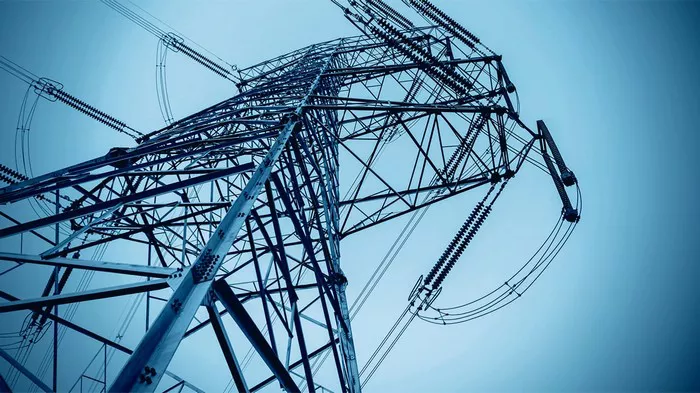Brazil’s recent series of large-scale blackouts has led to a sharp increase in demand for backup power solutions, including generators and battery systems. The surge in sales, which has reached the highest levels since the 2021 water crisis, reflects growing concerns among businesses across multiple sectors about potential outages, production disruptions, and rising electricity costs.
Manufacturers, energy management firms, and generator rental companies are reporting record inquiries and sales as companies seek to safeguard their operations. Key sectors—such as primary industries, construction, agribusiness, and meat processing—are among the most active clients, alongside essential services like hospitals. The city government of São Paulo has also become a major purchaser, relying on generators to keep public buildings and schools operational during blackouts in 2023 and 2024.
Micropower, a joint venture between Siemens, Comerc, and Equinor, has seen a significant rise in demand, with inquiries closely tied to weather-related disruptions in critical infrastructure. The company offers an “energy as a service” model, allowing clients to access power solutions without the upfront investment in generators and batteries.
Sergio Jacobsen, CEO of Micropower, reported that demand for backup power systems has doubled in 2024 compared to the previous year. He attributes this trend to the increasing frequency of extreme weather events that threaten to disrupt production. “This demand is growing with the increase in extreme weather events. It’s a trend,” Jacobsen said.
The demand surge is particularly pronounced in the industrial sector, where production disruptions pose significant financial risks. Arthur Lavieri, CEO of Tecnogera, a generator rental company, noted that during the recent blackout in Enel’s concession area, equipment requests skyrocketed by more than 1,000%. The company is now on track to see nearly 80% growth in 2024.
“During the power outage in São Paulo, we saw a boom in demand for generators, particularly from industries such as meat processing, which faced severe challenges when the blackout lasted over 24 hours,” Lavieri explained. “This situation highlights the importance of energy planning for businesses.”
Historically, surges in demand for backup power systems have occurred during periods of energy price hikes, the threat of rationing, or blackouts. The 2001 energy crisis and the 2021 water shortage, which led to low levels in hydroelectric reservoirs, are prime examples of such trends.
As Brazil enters the “Summer Operation” phase—when energy utilities ramp up efforts to ensure service continuity during the summer months—demand for power solutions continues to rise. The increased risk of outages due to storms and higher energy consumption during this period has driven an uptick in inquiries, surpassing typical levels.
Another factor contributing to the surge is the decreasing cost of battery systems. BloombergNEF data shows that the price of battery systems has dropped by an average of 16% annually since 2013. André Foster, Senior R&D Manager at Huawei Digital Power, reported that the company sold a total of 650 megawatts (MW) in residential battery systems during the first quarter of 2024 alone.
“This growth is linked to a range of factors, including large-scale events in various parts of the country that raise concerns about the reliability of power grids,” Foster explained. “As a result, many companies and consumers are seeking alternative solutions to prevent production and supply disruptions.”
With weather events and grid reliability concerns pushing demand for backup power solutions to new heights, the market for generators and battery systems shows no signs of slowing down.
Related topics:

